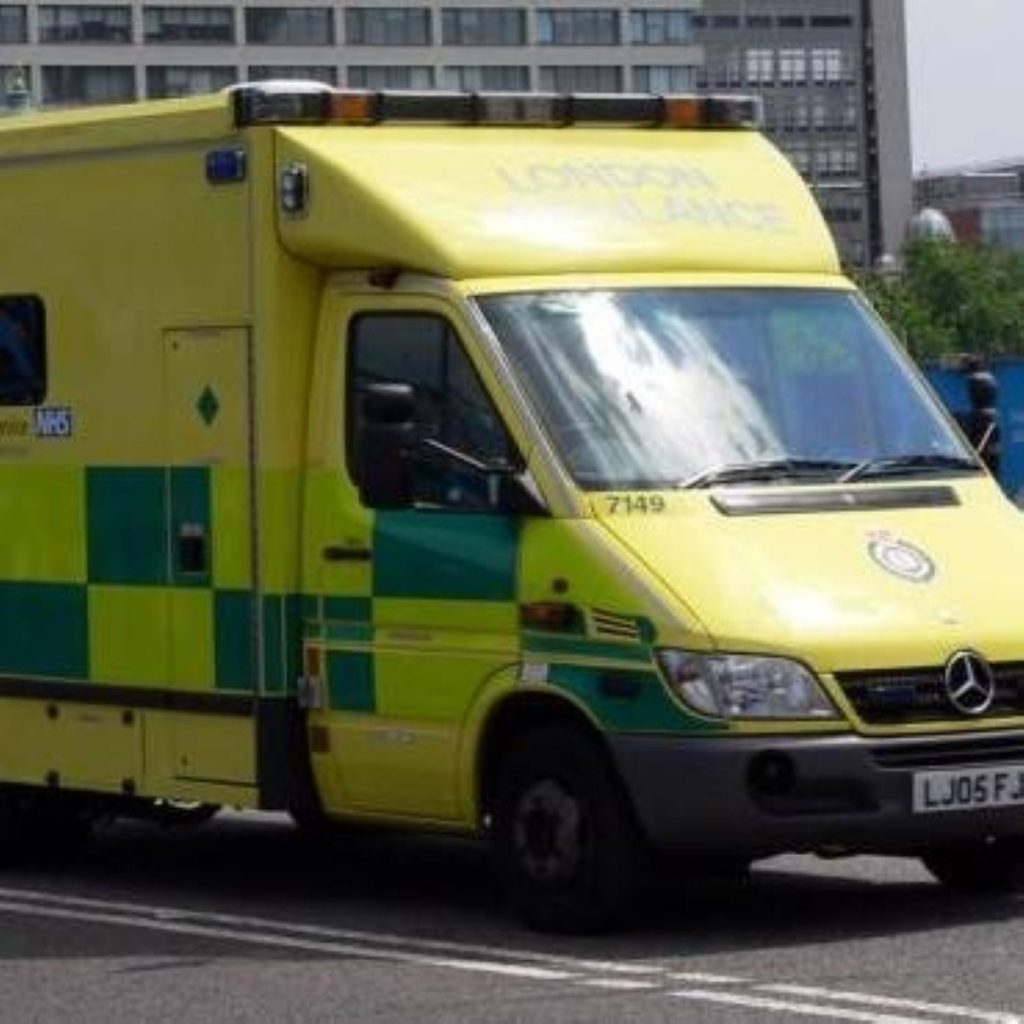A&E targets ‘threatened by bed cuts’
Progress on meeting the four-hour waiting target for A&E departments is “unsustainable” in the face of NHS bed cuts, doctors leaders have warned today.
The British Medical Association (BMA) said a lack of available inpatient beds was still delaying the transfer of patients out of emergency departments.
Ministers have argued that the reduction in bed places in the NHS is a sign of improving care, as patients have to stay overnight less often and are treated more quickly, and this has been backed up by studies by think tank the IPPR and the Healthcare Commission.
But today the BMA published details of a survey of A&E medical staff showing that 87 per cent believe a shortage of hospital beds is making it difficult to continue meeting the target to treat 98 per cent of emergency patients within four hours.


“Working towards the four-hour target on A&E waiting times has been a fantastic achievement,” said Don MacKechnie, chairman of the BMA’s emergency medicine committee.
“It has proved good news for patients and the extremely long waits seen in the last decade are now very rare.
“However respondents tell us that despite this success, the level of performance in many departments is proving unsustainable and these departments are finding it difficult to cope on a daily basis.”
Shadow health secretary Andrew Lansley claimed more than 8,000 beds had been cut in the past 21 months, saying: “Labour seem more interested in shutting A&E departments instead of managing demand more effectively.”
He noted plans to shut many local health services in favour of a shift to specialist care, saying: “Local hospitals under threat of closure can’t be expected to interpret targets imposed on them from the government.”
Liberal Democrat health spokesman Norman Lamb added: “The government cannot persist with the ludicrous claim that reducing beds does not damage patient care.”
He added: “The combination of the government’s obsession with targets and crippling NHS deficits is damaging patient care and demoralising the dedicated professionals working in the NHS.”
A Department of Health spokesman today defended the reduction in hospital beds, saying that advances in medical technology and shorter stays for routine operations meant fewer were needed. He denied the cuts were driven by financial pressures.
“But where the NHS needs more beds, there are more beds. For example, there are hundreds more critical care beds available than there were in 1999,” he said.









